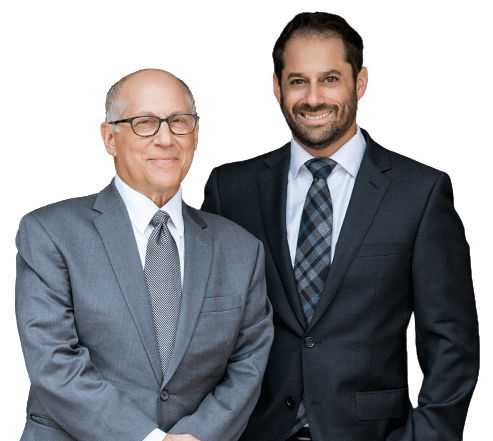Ohio’s workers’ compensation program is designed to make sure employees who are injured on the job can get the medical care they need and that they are not left impoverished after a workplace injury. With that in mind, workers’ compensation not only pays for medical care, but also can provide lost wages benefits to help employees who are unable to work.
Note that the Bureau of Workers’ Compensation uses the term “disabled” to refer to a worker who is unable to do their job because of a workplace injury or occupational illness. This does not necessarily mean that the worker is totally disabled, or that they will never be able to do some kind of work. However, the system seeks to compensate workers who have suffered a loss of wages.
The system for paying lost wages benefits can be quite complicated. The type of benefits depends on the type of injury and how it has affected their ability to work. The best way to think about these benefits is to sort them into two categories, one for temporary disability and one for permanent disability.
Temporary total compensation
Also known as TT, this type of benefit is meant for employees who, because of an occupational disease or work injury, are totally unable to work for more than seven days.
At first, TT benefits are paid at the rate of 72% of the employee’s average weekly wage. This rate continues for up to 12 weeks. After that, if the employee is still totally disabled, the rate drops to 66.67% of their average weekly wage. Generally, a worker can continue to collect these benefits until their doctor says they can return to work, or until the worker has reached Maximum Medical Improvement, meaning that they are not expected to make any significant improvement in their condition. At this point, they may require permanent disability benefits.
Permanent disability
Permanent disability benefits come in several types, depending on the seriousness of the employee’s condition.
A worker who, because of a work-related injury, is permanently unable to work may collect Permanent Total Disability, or PTD, benefits. These may be paid for the lifetime of the worker.
Many injured workers don’t meet the standard for PTD benefits, but nonetheless face permanent problems that affect their ability to work and their earning capacity. There are several types of permanent benefits that can help these workers. For instance, Permanent Partial Disability benefits can compensate a worker who suffered a permanent injury (such as losing their hearing, their vision, or a limb) but can continue to do some work. Likewise, some workers are eligible for Wage Loss benefits if their permanent injuries mean that they must do work that earns them less money than they earned before their injury.
Learn more
As we noted above, the system can be quite complicated, and the outcome of any one case can depend greatly on the unique details of a worker’s medical condition and their work history. Injured workers can speak to experienced professionals to learn more about how the law may apply to their case.

